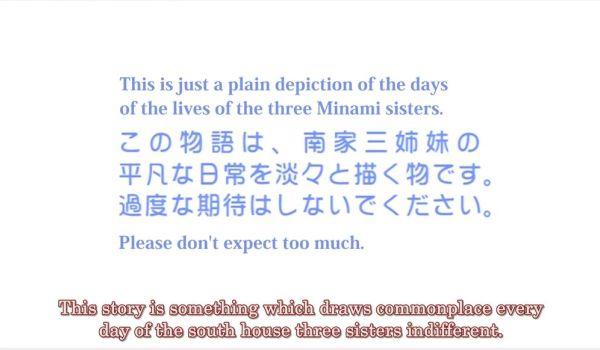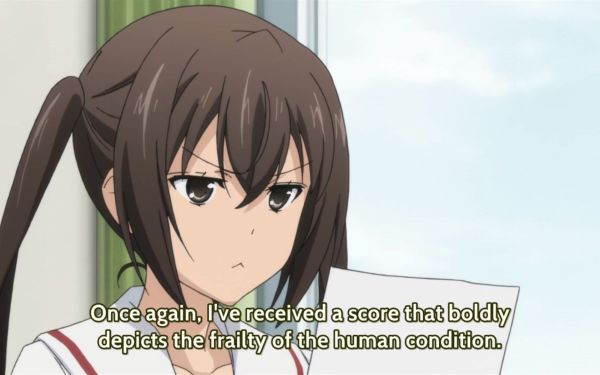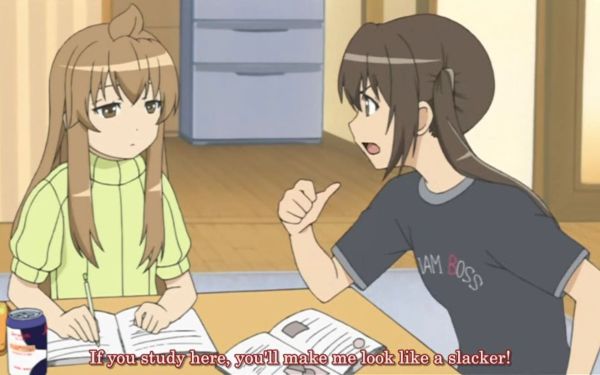
A tale of two translations.
If I say that I am trying to learn Japanese because it is so difficult to translate, your first thought will likely be that I am trying to challenge myself, or perhaps to impress others with my linguistic genius. Those who have read some of my recent entries will know that there is no such genius: Despite my decent IQ, I have a super hard time with this language. Nor am I primarily doing bodybuilding for the mind. The real reason is Google Translate.
If I want to read something written in Spanish, there is little additional value for me in learning Spanish. The languages are similar enough, and the overlapping body of literature large enough, that Google Translate can give a decent representation of the text.
For the purpose of illustration, I will now take my first paragraph, let Google translate it into Spanish and then translate it back.
If I say I’m trying to learn Japanese because it is very difficult to translate, your first thought will likely be that I’m trying to challenge myself, or perhaps to impress others with my linguistic genius. Those who have read some of my recent posts will know that there is such a genius: Despite my decent IQ, I have a hard time with this great language. Nor am I doing first bodybuilding to mind. The real reason is Google Translate.
Again, this time translating to Japanese and back:
I say because it is very difficult to translate it, and I have been trying to learn the Japanese language, the first thought you, I might to impress others with the genius of linguistics probably I will have been or are trying to challenge yourself that may. Know that the genius there is no such person who have read some of the recent entries of I: in spite of IQ decent, I struggled more than use this language are. I have been bodybuilding for Lord of the mind. The real reason is using Google Translate.
Invoking the Lord of the mind may indeed be a reasonable impulse in this situation. And yet, the translation into Japanese preserves some of the European way of the thinking – I am not actually thinking in Japanese. Text written by native Japanese is even more alien, because your language influences your thoughts. I know this not just from theory; I have grown to become truly bilingual, to the point of thinking to myself in English without noticing until later. Knowing two languages deeply helps me think better in both of them, but the language still subtly influences what and how I think within each.
In my next example, someone who respects the Japanese medieval monk Nichiren has some choice words about how Happy Science represents his teachings:
Although this is the case It’s a religious organization does “science of clothing – can” to preside over the so-and-so Okawa, the methodology of ass in a lion’s skin as seen in is also a provenance that saying “the spirit of Nichiren” Hayate the pretense of what Nichiren says, as if its real, and Nichiren is the thoughtless words have no Maki flyer also Shoen edge.
It is a fallacy on parade, alongside the names of delusion and nonsense “Ryoma Sakamoto” “Socrates” “Amaterasu” “Christ” “Kukai” after that.
Google is one of the most resourceful organizations in the world, especially in matters related to computing and the Internet. Yet a meaningful translation of a Japanese text for adults is far beyond them. If I want to read anything written in Japanese, I will have to do so in Japanese. Whether this is worth spending years of my life on, I am not sure. That depends on what I will find there, right? But since I have already many interests related to Japan, it seemed like a good idea at the time. Another thousand words and I should be able to read texts written for first-graders, with some effort.
That some mental heavy lifting may also be good for my brain is welcome, but not sufficient to motivate me. Your motivation may vary.


